Babatunde Fashola, minister of power, works and housing, on Tuesday said he had his first contact with recession in 1989 but the country survived it.
Explaining that Nigeria experienced a worse economic situation than the current one in the past, Fashola urged youths not to despair because of the current hardship.
He assured them that “there is light at the end of the tunnel.’’
Fashola spoke at the special town hall meeting, organised by the ministry of information and culture, in Abuja.
Advertisement
“Between 1979 and 1983 when I was in school, Nigeria had a lot of money in reserve. There was nothing we couldn’t buy, but by 1984 the money was gone,” he said.
“We spent the money on all sorts of things, including drinks. There was no kind of drinks that you would not find in the country then. That was the time we started importing rice, other food items and exotic drinks.
“However, 1989 was my first contact with recession. That was when it became very difficult to buy sugar and milk and all kinds of imported drinks suddenly disappeared.”
Advertisement
Fashola also said that Nigeria was in recession in 1985 when it became difficult to sustain the cafeteria system in schools.
“We used to eat a meal at the cafeteria at 50 kobo, including chicken, egg, bread and tea,” he said.
“To feed as a student then was N45 a month for three good meals daily. In 1985 when that disappeared, Nigeria did not disappear.”
The minister said when he left the university, it was the time when travelling out of the country, popularly known as ‘Checking out Andrew’, was in vogue.
Advertisement
Fashola said many of his mates left for greener pastures abroad but he remained in the country because of his strong belief that Nigeria was a land of opportunities.
“I believed so much in the future of this country; I remained, worked hard, though I never knew I would sit here as a minister,” he said.
“So I want to say to you the youth: don’t lose faith, don’t despair, there is hope and light at the end of the tunnel.”
Fashola said the 2017 budget, tagged ‘Budget of Recovery and Growth’, is meant to address recession and the government has set up the parameter for its success.
Advertisement
He underscored the need for Nigerians to “roll up our sleeves and work hard”, to get the country out of the economic quagmire.
“Only the president cannot recover and grow the economy; everybody must understand that we are at the time when we must work our hardest,” he said.
Advertisement
He recalled that for upward of three years before he was made minister, no contractor was paid, which led to shedding of jobs in the three sectors he currently oversees,
Fashola said so far, the government had made two disbursements to ensure the contractors return to site and recover lost jobs.
Advertisement
5 comments
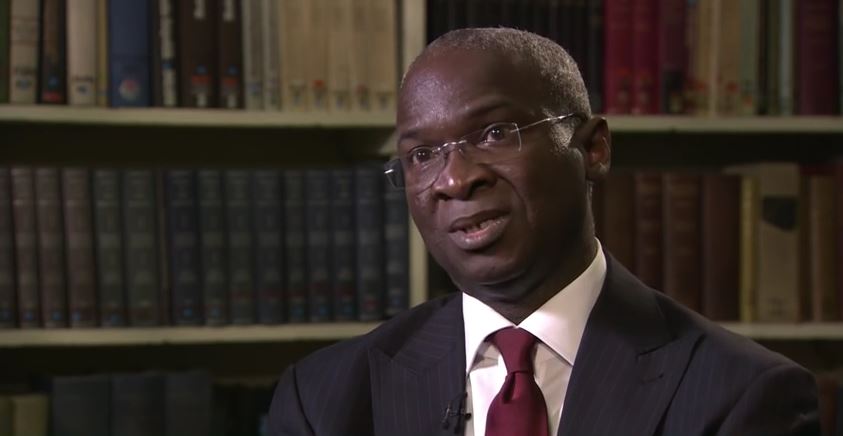
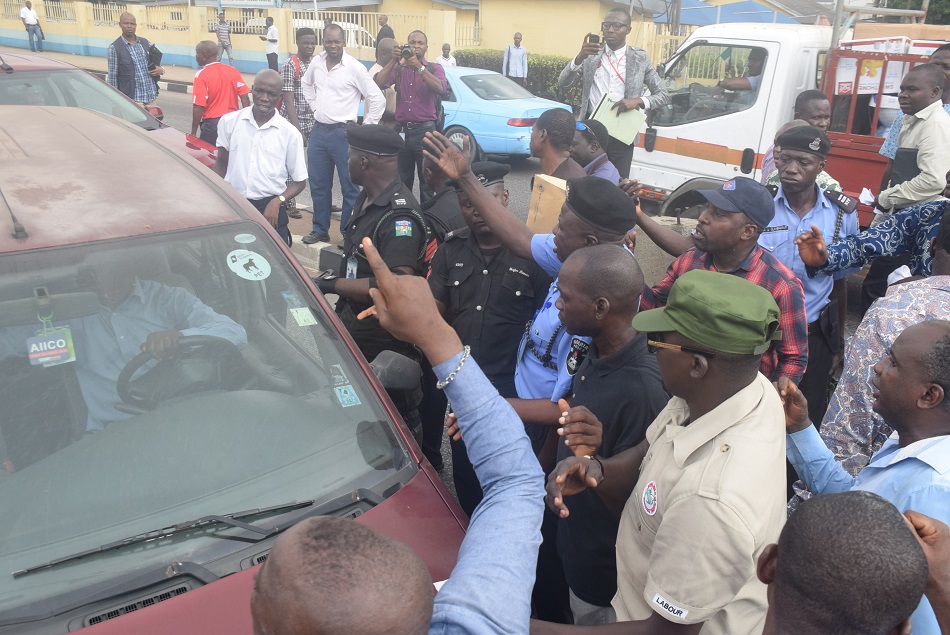

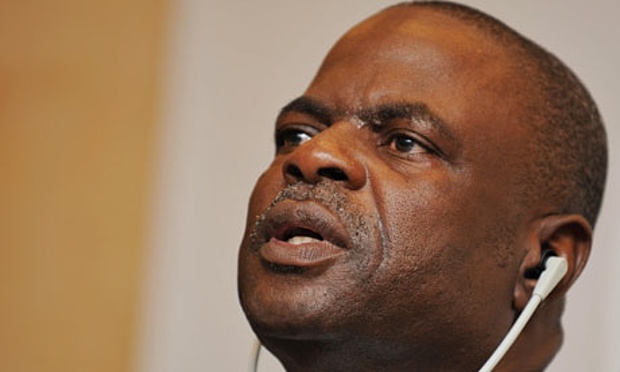
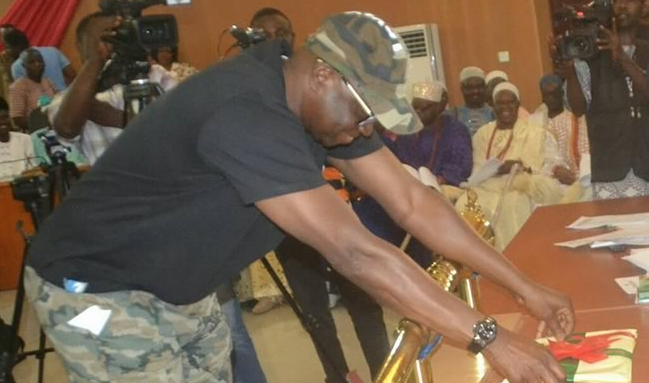
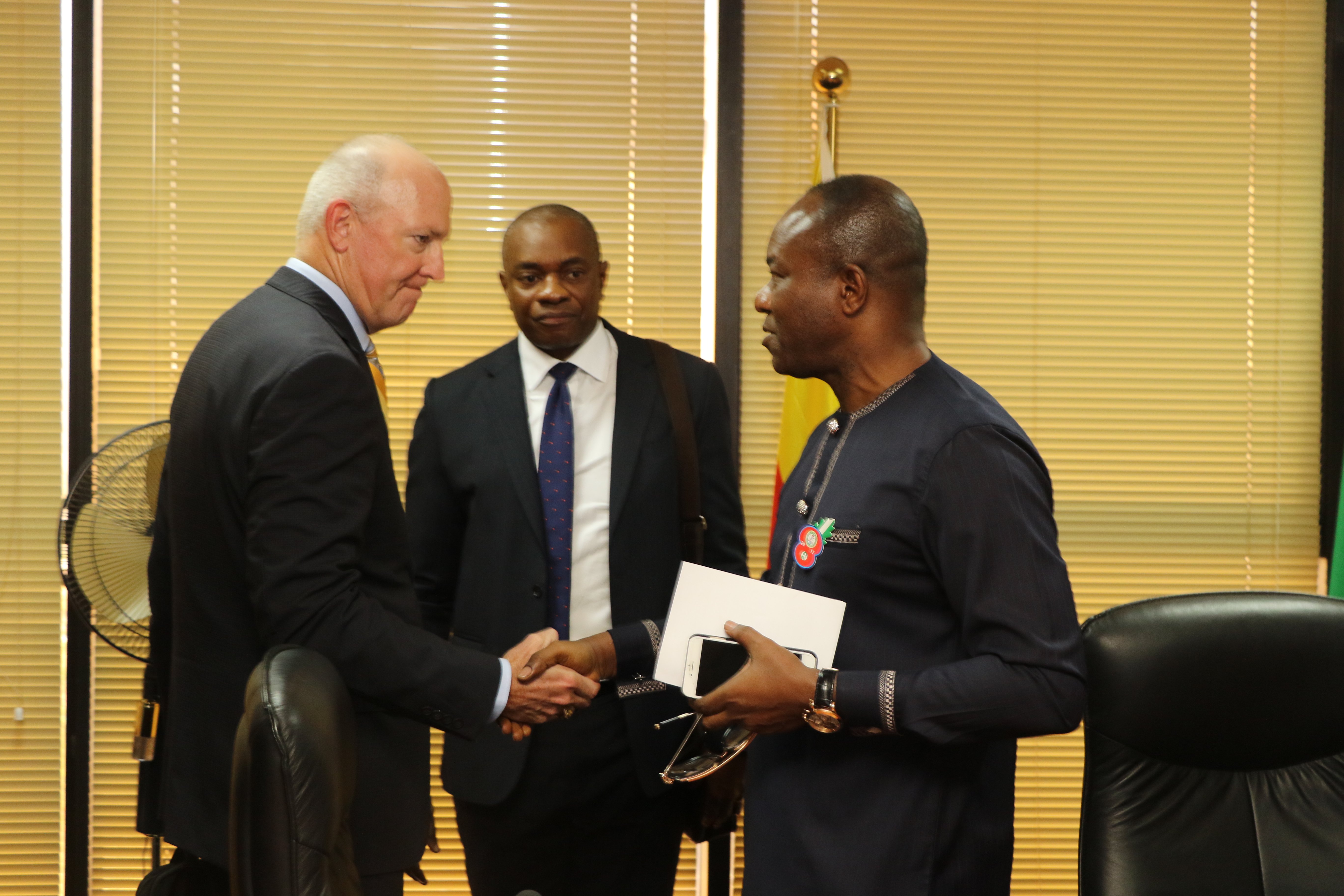
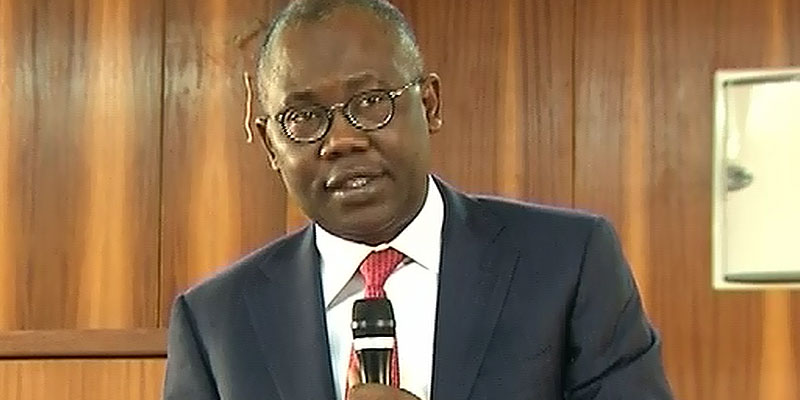
Mr BRF when exactly will you stop this your weekly lecturing and sermons and concentrate on your core mandate(s)? We have been in complete darkness in Omilani in Ijeshatedo Area of Lagos State for the past 3 weeks, yet the EKEDC will give us estimated bills to pay monthly. A minister that cannot simply enforce the deployment of prepaid metres by DISCO’s has no business in government.
Rather harsh. But I take your point for scalable results, at quicker pace.
He is working under difficult circumstances – within generation, transmission and distribution.
Perhaps he would do well to consider renewable energy solutions at local sub-units that could sell back to the grid. Cheaper variants of the Tesla battery come to mind.
3 cities in the US are already running on 100% renewable energy – Greensburg in Kansas, Aspen in Colorado and Burlington in Vermont. Though, we should factor in the size, industrial hub network scale and city to suburb ratios…
And that recession was also caused by Jonathan, I suppose?
BRF, we are tired of your endless promises.
Fashola repaired a part of the Apapa Bridge recently and it was all over the media. That’s the trick: “over blow your little achievements to cover up for huge weaknesses. Take it or you leave, this present minister is not different from the ministers we had in the past.